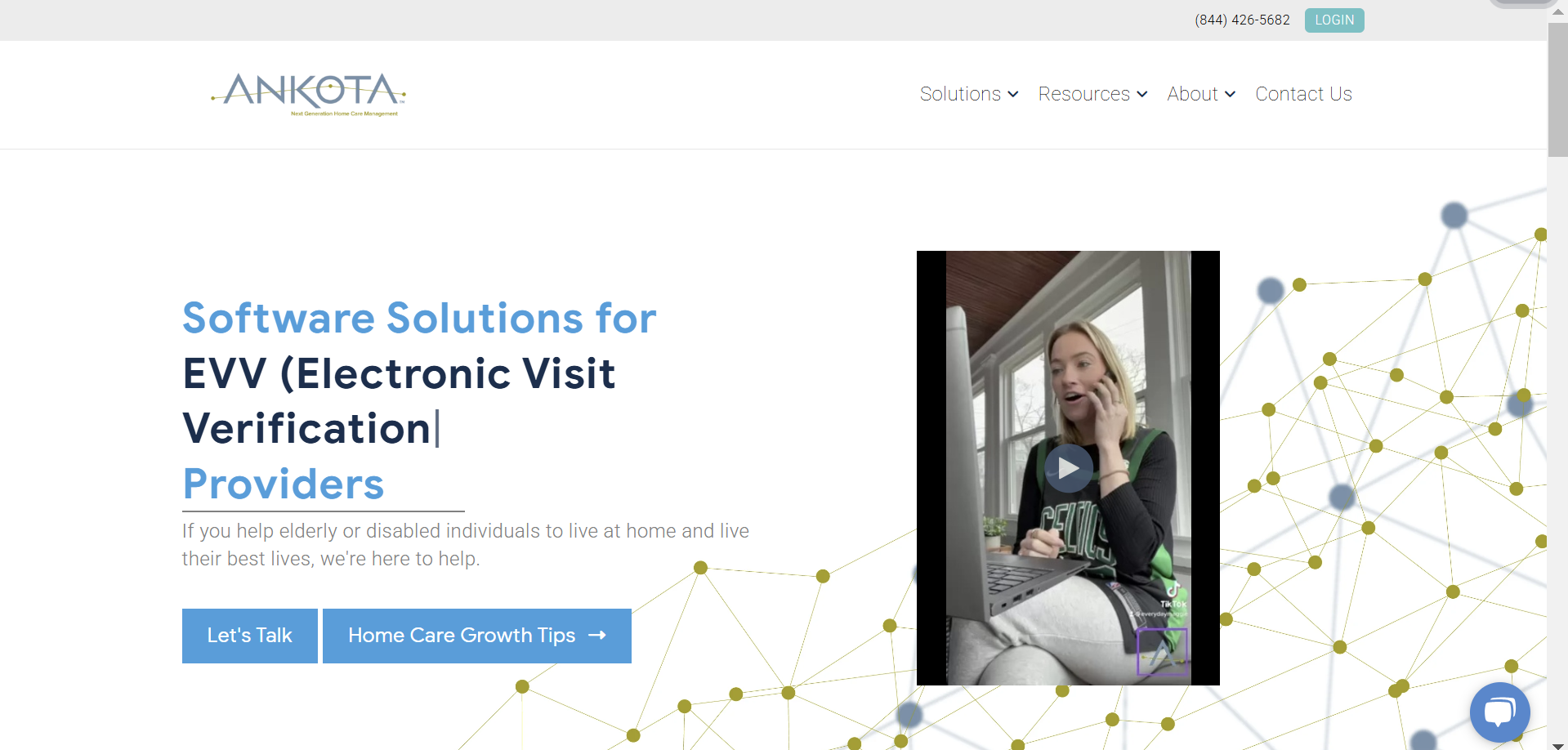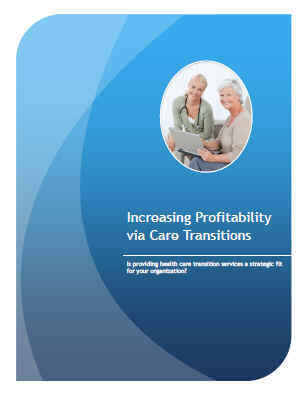Being Mortal: Dependence
Chapter three starts with the following introduction:
It is not death that the very old tell me they fear. It is what happens short of death - Losing their hearing, their memory, their best friends, their way of life. As [one protagonist] put it to me, "Old age is a continuous series of losses." Philip Roth put it more bitterly in his novel 'Everyman:' "Old age is not a battle. Old age is a massacre."
The chapter then goes on to tell stories that any one of us could tell our own versions of. He starts by talking about how the 87-year-old geriatrician Felix deals with old age. The story is mostly about the decline in Felix's wife Bella who loses her vision, experiences memory decline, and more. Felix dedicated himself to caring for Bella but ran into difficult challenges when she temporarily lost hearing and ultimately went into her final decent. He also talks extensively about Alice, how despite going into a lovely assisted living center where she brought her own belonging and had more of an opportunity for companionship, lost the "light behind her eyes" when she left her own home. There are other stories as well... As home care professionals, we should remind ourselves daily of the benefits of keeping people in their own communities.
Two interesting side topics in the chapter are 1) the dangers of elderly drivers (where drivers over 85 pose a much higher risk than teenagers on the road) and 2) how nursing homes evolved from poor houses and then hospitals, but also how why nursing homes are the way they are.
In short, you learn that nursing homes were not designed for quality of life of the elderly and why. As a related aside, you may enjoy Ankota's recently released ebook called
Home Care 101 that tells a similar history more specific to home care.
As I said, we can all tell versions of this story. I lost both my dad and my mom's mom in their 70s and ahead of their times. My dad died of Pancreatic cancer, and Tracy's mom died of a glioblastoma. But Tracy's grandmother was very independent and worked as a restaurant manager well into her 90s. Then she suddenly lost mobility and moved to a nursing home. That was a tough transition. On a brighter note, Tracy's dad is doing pretty well at 86, but just moved from his own home where he was incredibly lonely into a veterans home where he lives independently but has meals and activities (like golf and jazz night).
Discussion Topics
Here are a few discussion topics inspired by chapter 3:
- How can our caregivers recognize the loss of control and quality of life that our clients are experiencing and work to offset the impact of those losses?
- One aspect of the nursing home experience that was described in the chapter was that in nursing homes, the prevailing services are related to health like maintaining weight, but the practices are also designed to put the residents on a regimen that they don't have much control over. In home care our task lists are mostly driven by Activities of Daily Living (ADLs). How would we design a home care agency if we were our clients?

.png)
.png)




.png)
.png)


